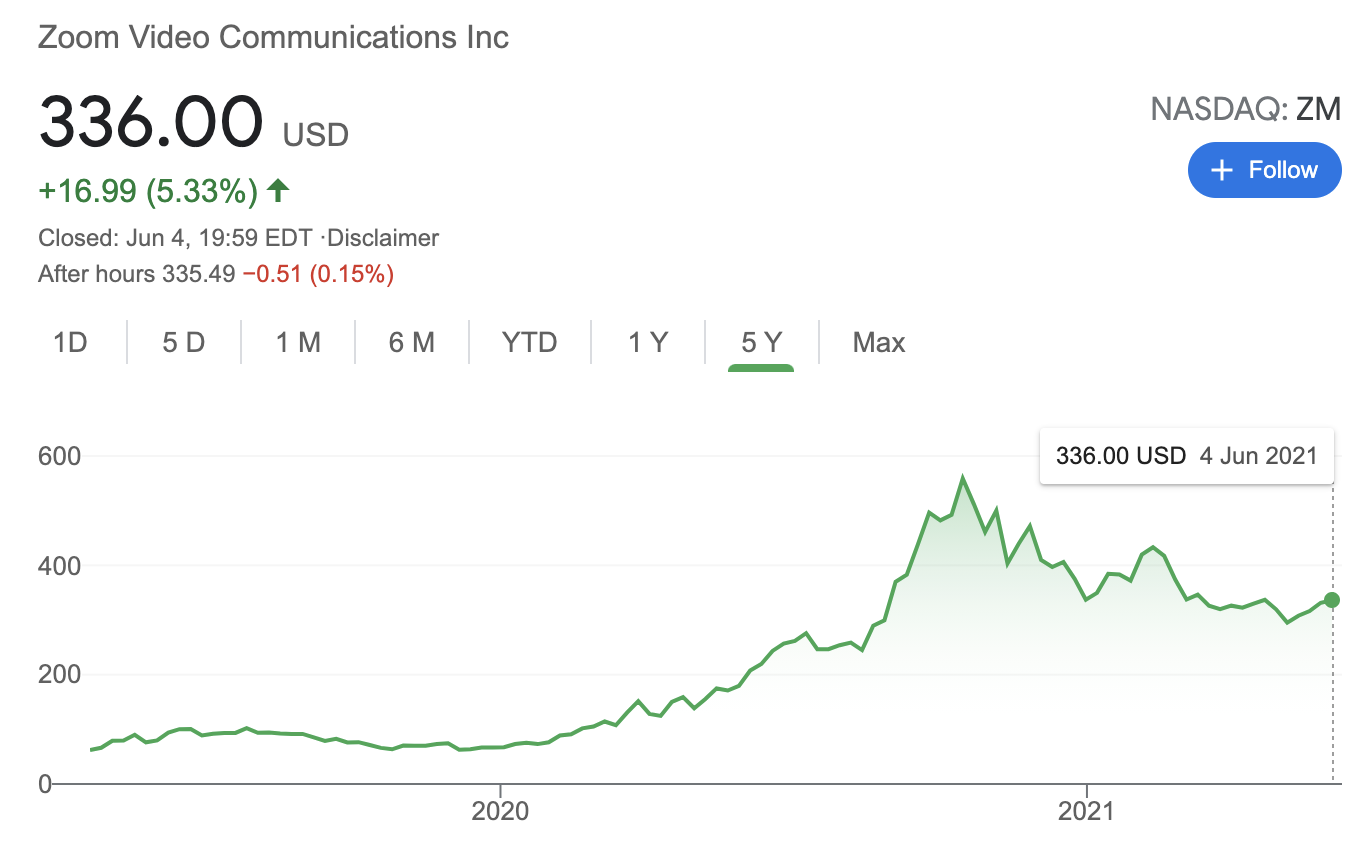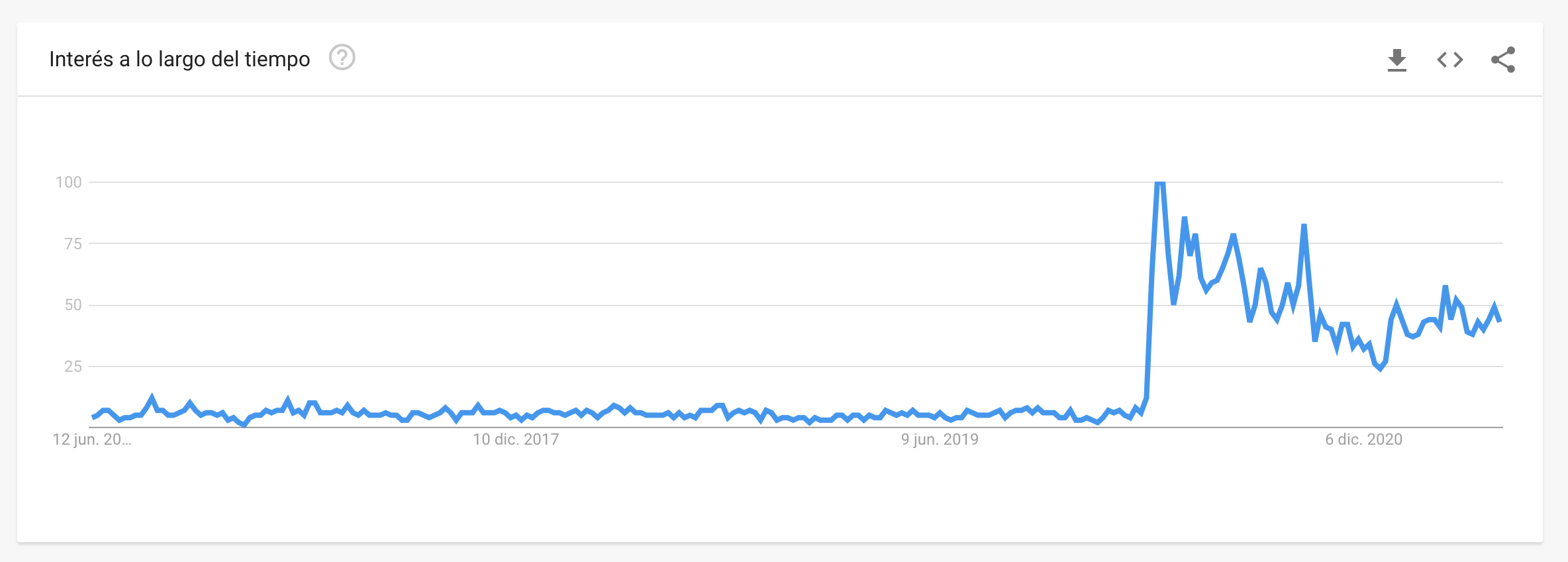
There is no doubt that the COVID19 pandemic has been terrible for humanity, but if we somehow have to look for a positive side, it is that it has undoubtedly accelerated the adoption of some new technologies. Technologies beneficial to humanity? We do not know yet, what is known is that the change is already irreversible.
These new adopted technologies undoubtedly represent business for someone. Take Zoom, the video conferencing platform, for example, not well known before the pandemic and now one of the top companies worldwide. Let's do an analysis of this and other trends.
Value-added teleconferences
Zoom is not alone. There are many companies currently offering this service. The point here, in my view, is that this technology will soon be a commodityIn fact, it is already everywhere and much of the offer is free, so the companies that offer this service should be thinking about adding value to their product offering or finding suitable niches to make money. If they do, they can earn a lot of money.

Teleworking and contact centers @home

Without a doubt, the benefits of working at home have become apparent with the pandemic. Less mobility, less waste of time in transport, etc.
One of the markets to watch is that of the call centers or contact centers. They have existed for decades, it is nothing new, but the work modality is ideal for teleworking, which is what has exploded. In other words, you no longer need a large office space with long lined up computer desks and crowded agents. With today's bandwidth, anyone can do this work from home.
Indoor air quality. CO2 monitoring.
Returning to normal is quite a matter. Undoubtedly it will not be the same overnight, re-entering a restaurant or any closed place will not be the same and for a very good reason: stale air in closed places has been identified as one of the main contributors in the contagion of COVID19.
To resume virtuality it will be necessary monitor air quality of closed spaces, since it is already known that the current measures taken in shopping centers, such as providing alcohol gel or an alcohol spray, do not help in prevention.
Several studies have been conducted in this regard and a correlation has been found between the accumulation of CO2 (a waste product of humans) and viral load, so I see CO2 monitors being placed in closed spaces to avoid future spread of diseases.
Telemedicine
Well, yes, most of them had to call the doctor by phone and many doctors closed their offices, but they have not stopped attending, they attend by WhatsApp or by video conference. The market is sure to converge to a specialized healthcare platform. The state of the art you already have all the components to do it.
Online education

According to some specialized reports, it is likely that the advance towards virtual education will not slow down with the passage of the pandemic but will grow even more. The trend is that users prefer courses online, on demand (asynchronous) and divided into short, direct and attractive blocks. Many are already capitalizing on this type of education such as Coursera, Udemy, and Doméstica. Others are winning momentum, like edX, the initiative of MIT and Harvard. But the cake is very big, so big, that undoubtedly much more supply will be added in the coming months.
Cryptocurrencies with a purpose
The Bitcoin it was just the beginning. The pandemic made many of us reflect on the value of money. It became clear that cryptocurrencies They are a secure means of storing money from a technical point of view, as blockchain technology has proven to be resistant to the fiercest hackers. In this new scenario, even the most conservative investors are seriously considering migrating part of their portfolio to cryptocurrencies.
But what I see is that a new type of currency will emerge, where there is a purpose behind it, this is the case of currencies like Helium, which intends to deploy a community long distance telecommunications network at low cost, in fact Helium has grown so much that there are already many cities in the world operating with its telecommunications technology, called LongFi, and many users making money.






